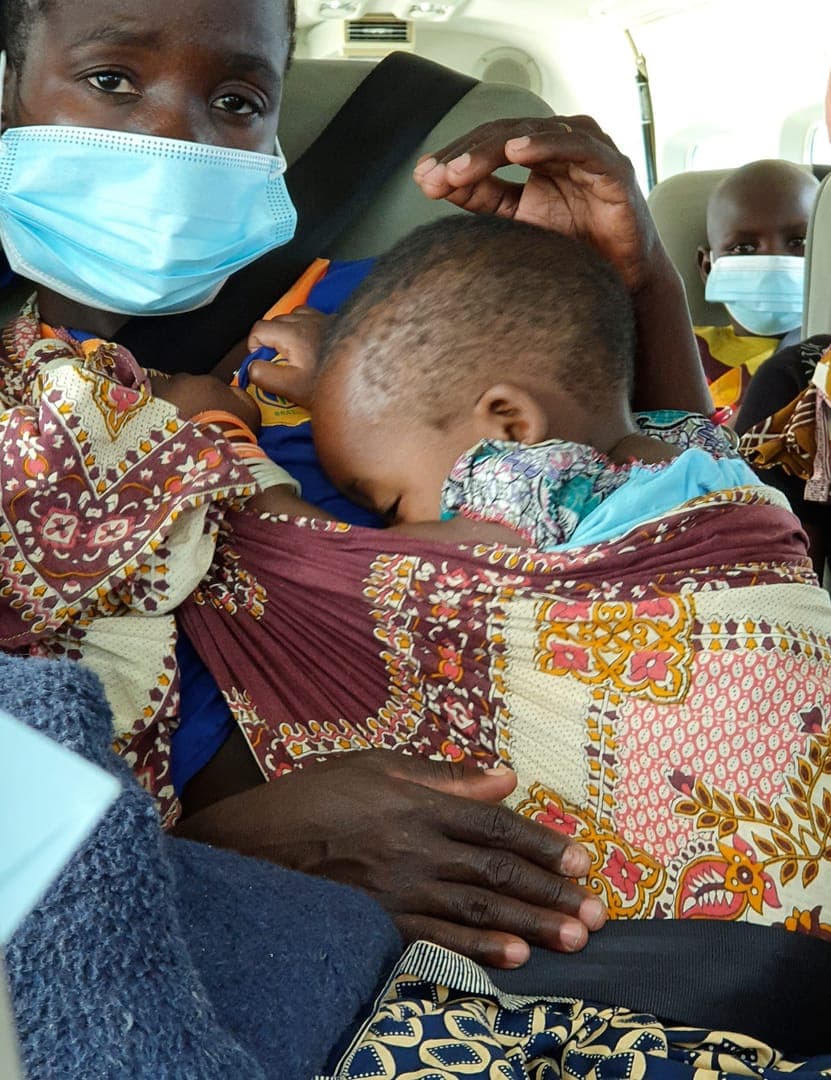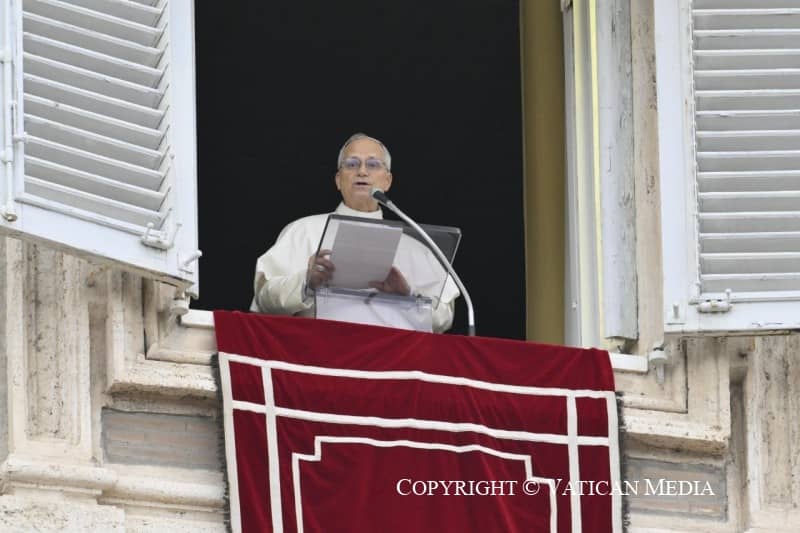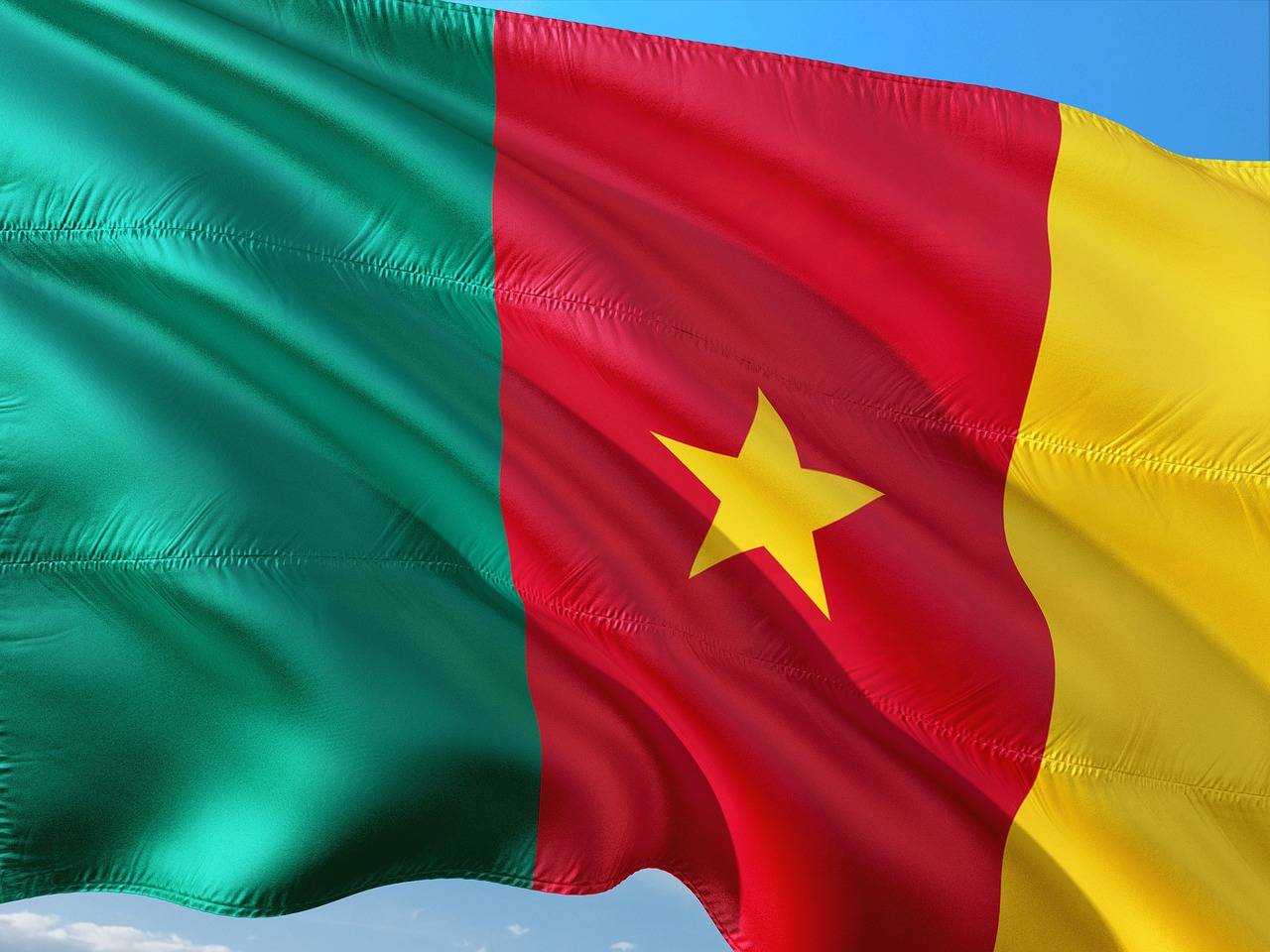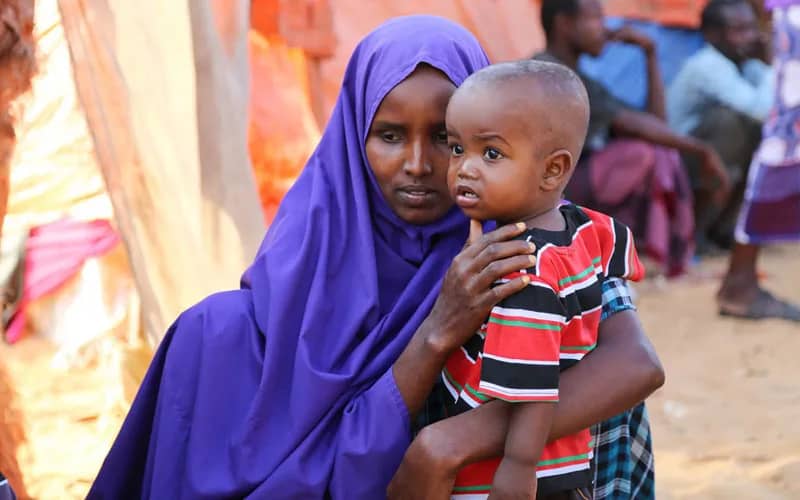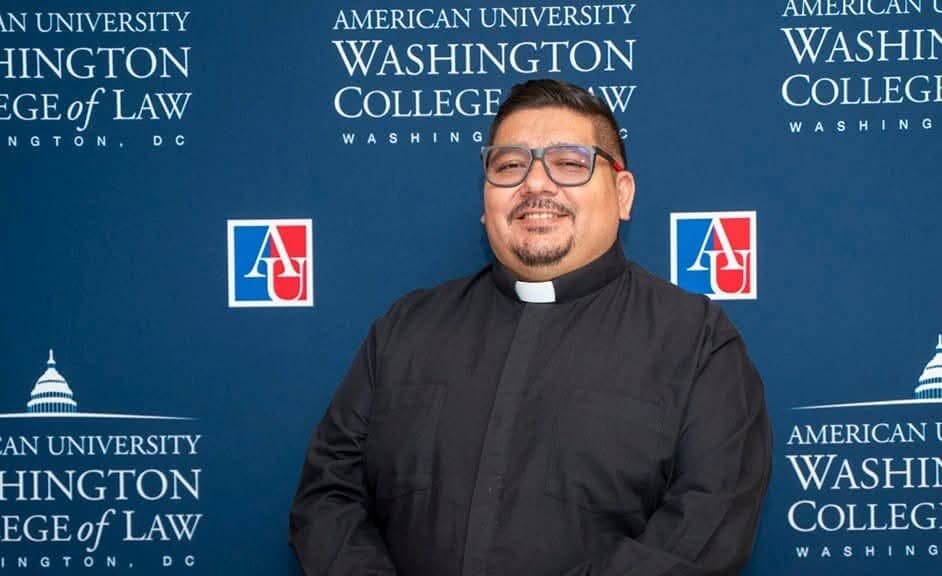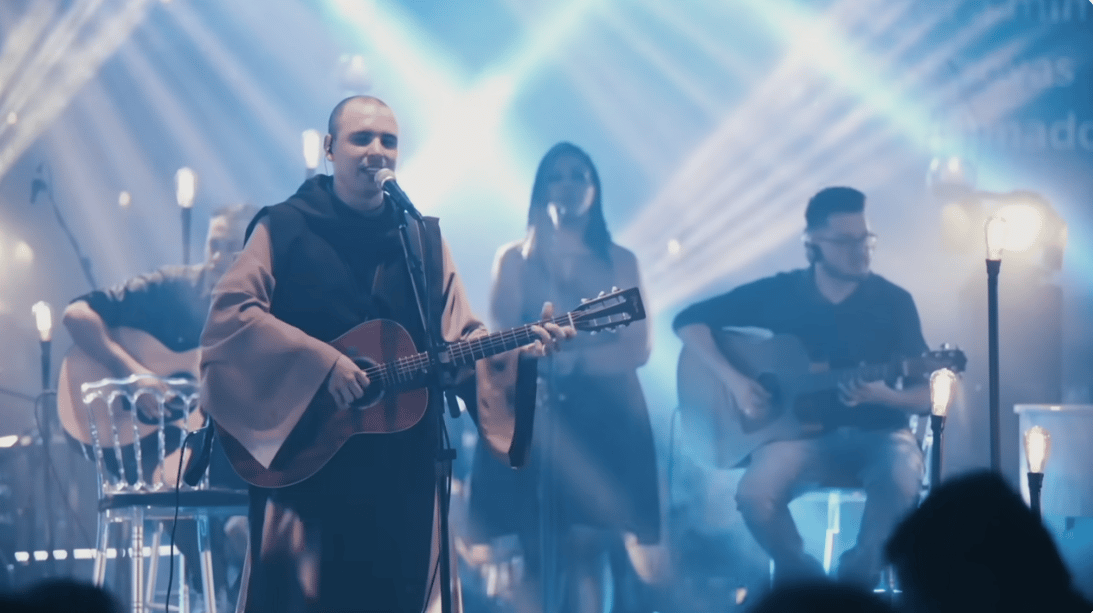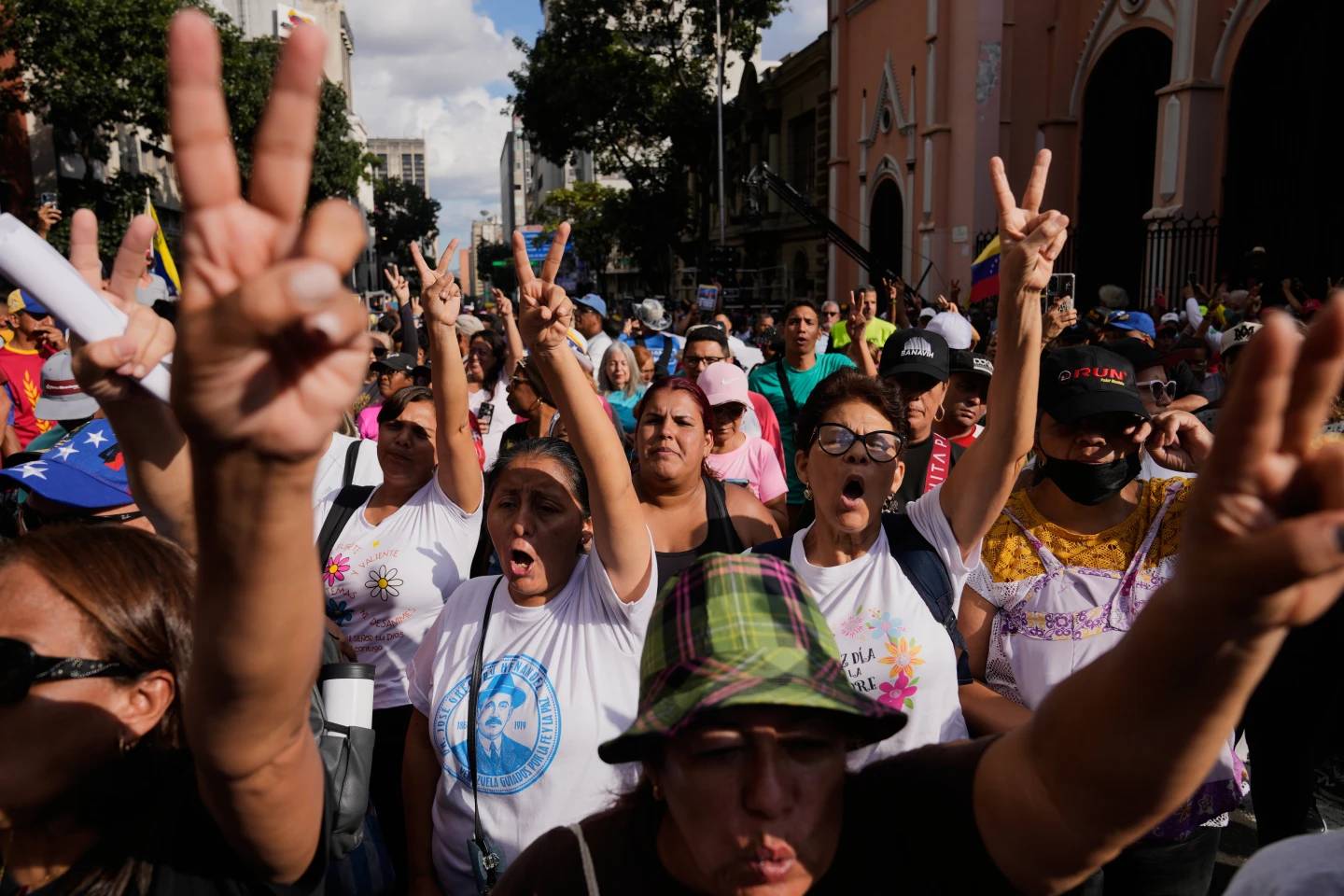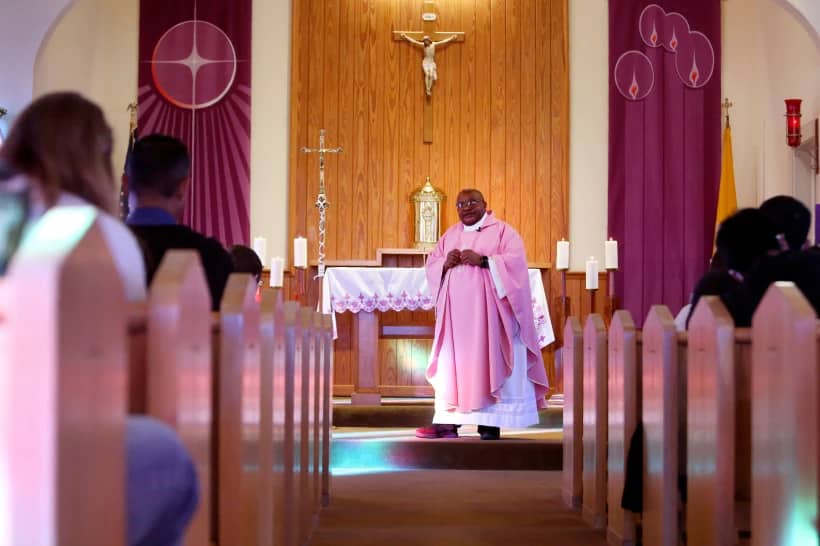ROME – In Pemba, a the capital of Mozambique’s Cabo Delgado province, people have learned to sleep with one eye open: Increased violence in the province has caused over 750,000 people to flee their homes and some fear the port city will be the next target.
Though the perpetrators are often labeled as “jihadists” because of their link with extremist Muslims from abroad, locals such as Catholic Father Kirikiwi Fonseca insist that the conflict is not religious in nature, but just another representation of mankind’s greed.
“It’s money, what they want, it’s money,” Fonseca said in a Zoom call with global representatives of the papal charity Aid to the Church in Need in which Crux participated. “Many people are suffering, people dying, children being recruited.”
In recent months, three parishes from Pemba began working together to feed as many people as possible living in government-run camps. They try to provide the newly displaced people with food, clothing and above all, a shoulder to cry one.
“Every day I speak with people from Palma, the town that was last attacked,” the priest said. Many were killed, as recently as [April 11]: 14 foreigners were slaughtered in the hotel they were staying in.”
Insurgents with ties to the Islamic State have been increasingly active in the province of Cabo Delgado since 2017.
The district where Palma is located is adjacent to natural gas projects worth $60 billion. The United Nations estimated that before the highly organized attack March 24, this city was home for some 110,000 people, 40 percent of whom had settled there in the past three years, after fleeing attacks elsewhere.
The projects the local church is trying to spearhead with the help of Aid to the Church in Need go beyond emergency aid. Fonseca hopes to be able to build homes for the displaced, provide them with access to health care, and also set up a radio station able to broadcast programming that inspires dialogue and coexistence among peoples of different religious and ethnic backgrounds who have long lived together peacefully.
Fonseca insists the biggest engine behind the war in Cabo Delgado is economic: “They’re using religion as a cause, but it’s not a religious war. We have long been living here together Christians and Muslims. It’s not an ethnic problem, because we again, have been living together, have inter-racial marriages. So, we concluded that it’s all about money: These people want money.”
“People know there’s a war, but most don’t understand what it’s about, they don’t fully realize the wealth that is in their land, but do understand that they suffer because of the resources, because of the minerals in their lands,” he said.
Throughout the hourlong conversation the priest argued that even though the insurgents sometimes shout “Allahu Akbar” and have pledge alliance to ISIS, they’re not seeking a fundamentalist jihadist government.
With roads destroyed, people were forced to evacuate Palma and nearby towns by boat, and the United Nations agencies are struggling to keep records on new arrivals up to date.
“Many families are separated,” he said. “Women in particular are telling us that they don’t find their children, and I believe some of these terrorists have taken the children to make them into soldiers. This is a question we’re trying to formulate: Why don’t they come back? Where are they?”
He spoke of two religious sisters, who remained unnamed out of concern for their safety, reporting to him that they’ve seen children age 10-14 among those fighting.
As the most strategic coastal town in the province, fears are real amongst the residents of Pemba that they might be the next target of the insurgents.
“Every day, I hear stories of people who saw their spouses getting slaughtered, people have lost trust in one another, and sometimes, they’re even terrified of us,” Fonseca said. “The most important thing we can do for them is to be with them, to listen to them, to encourage them to continue living and not lose their hope.”
Follow Inés San Martín on Twitter: @inesanma
